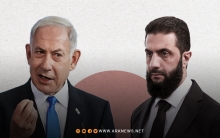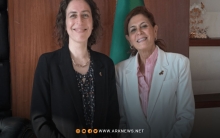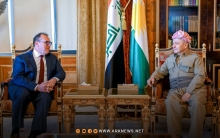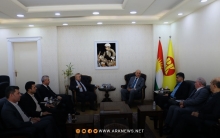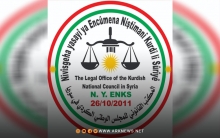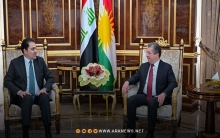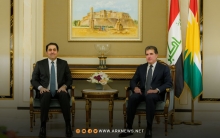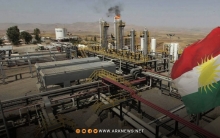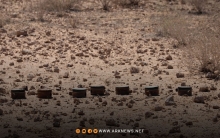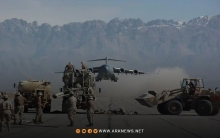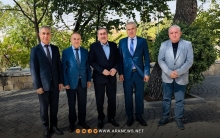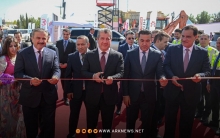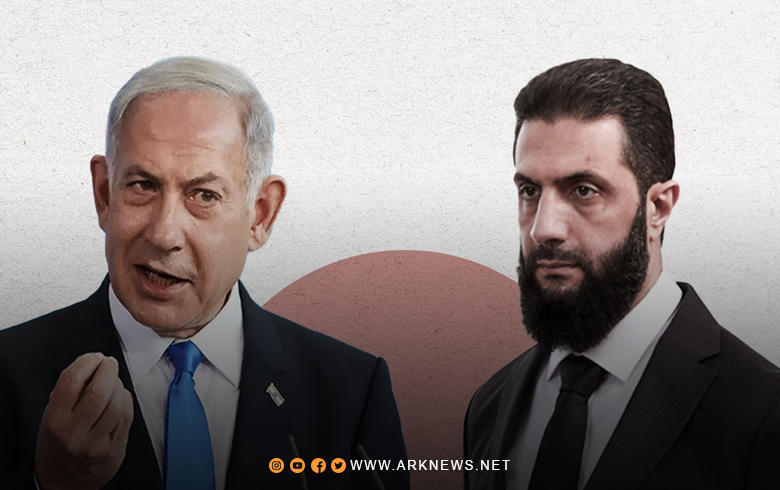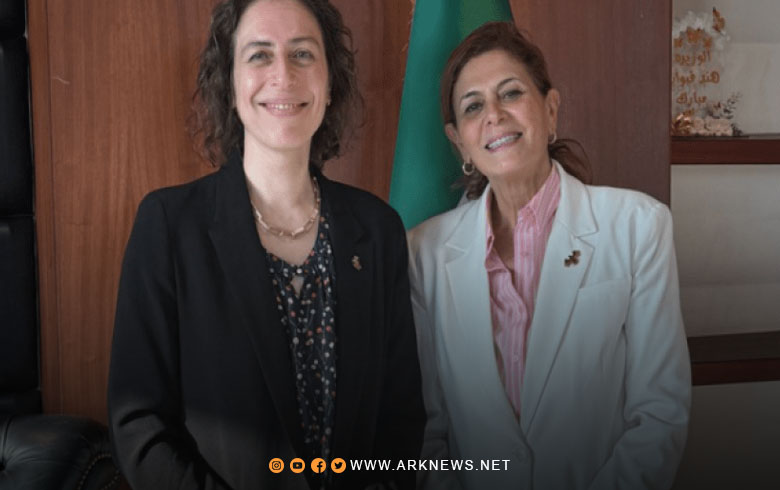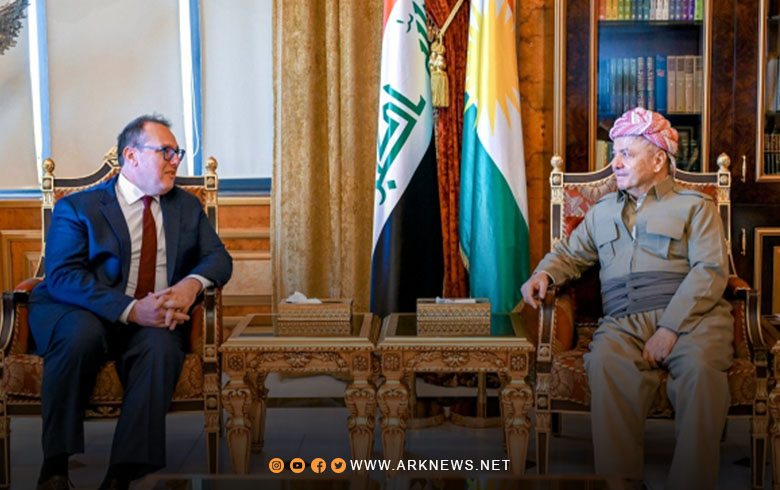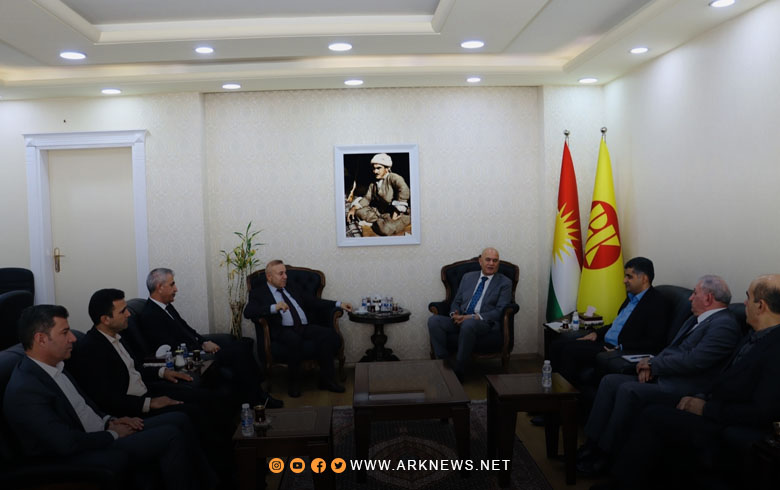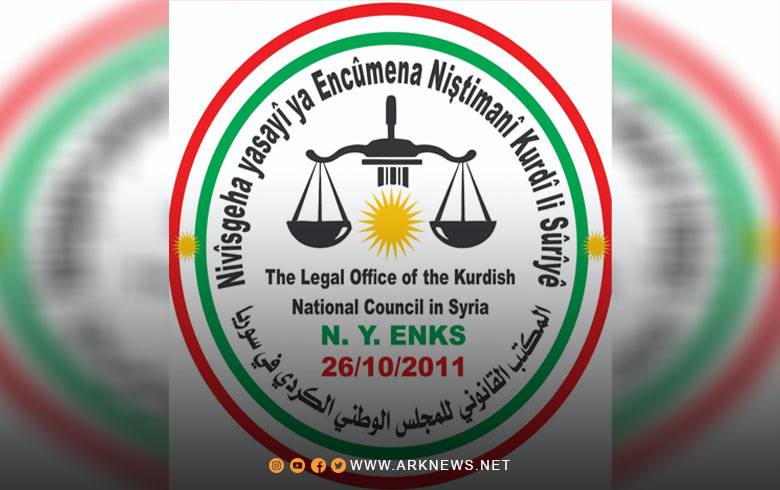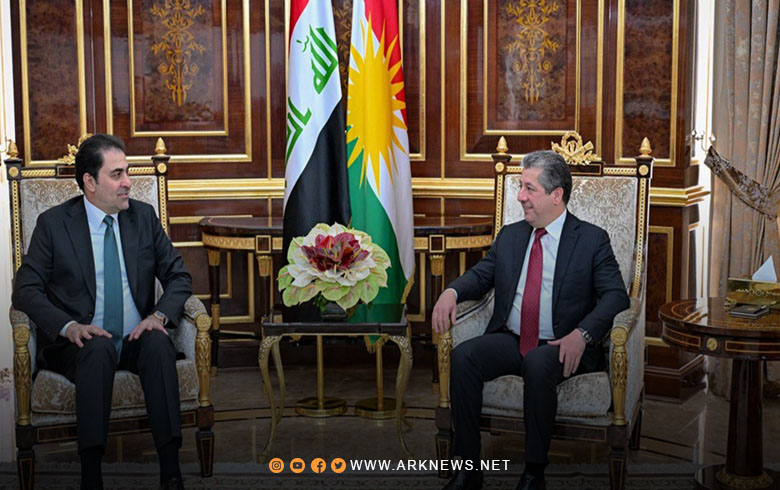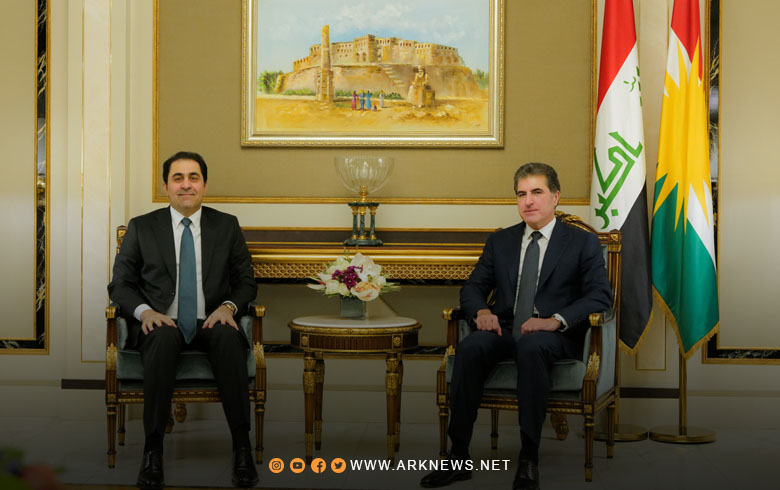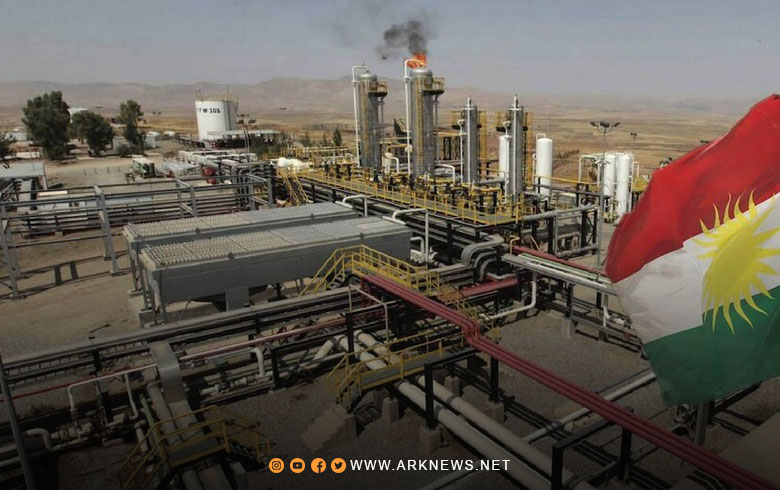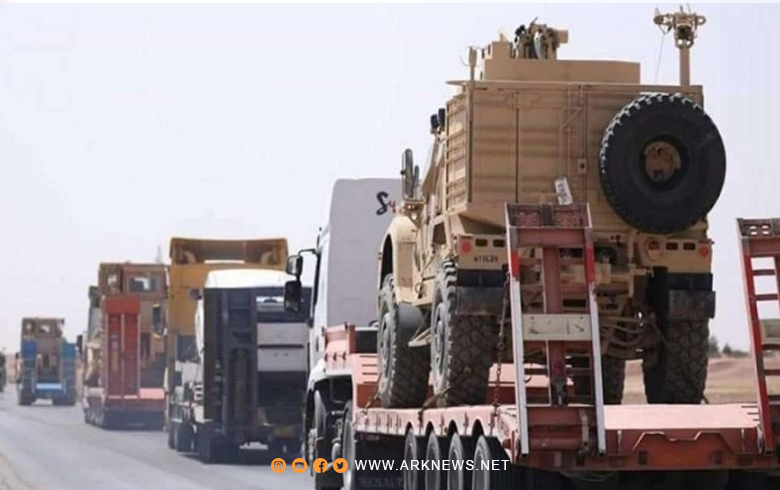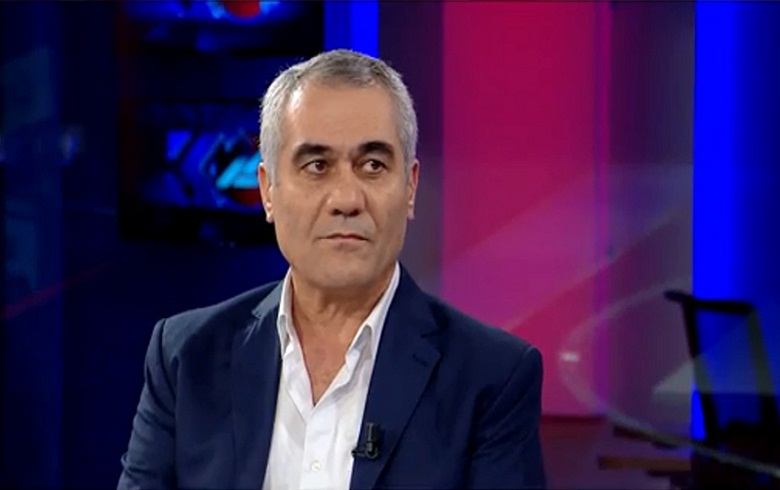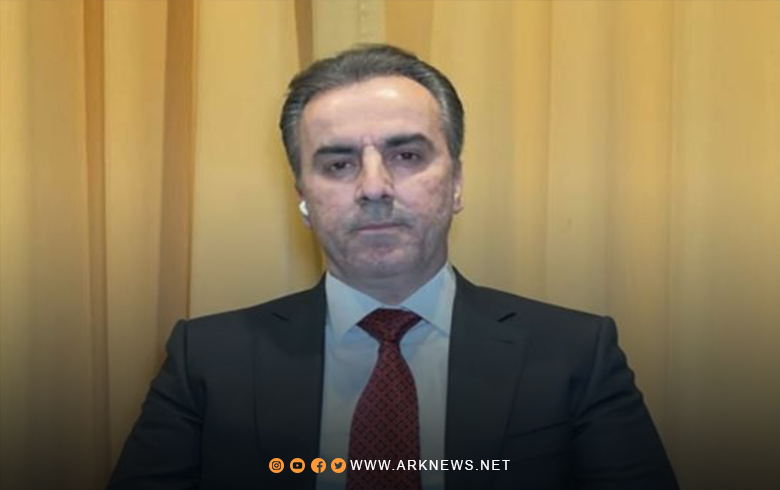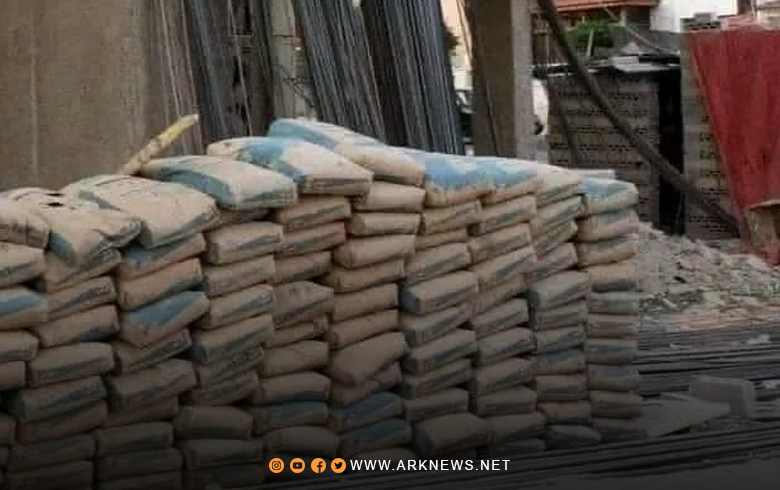
Ahmed al-Shar’i: The Government is Working to Stabilize State Institutions and Prevent Their Collapse
ARK News.. In an interview published on Monday, February 1, 2025, on the British political podcast The Rest is Politics, Syrian President Ahmed al-Shar’i revealed that his visit to Riyadh came in response to an invitation from Saudi Crown Prince Mohammed bin Salman. He noted that Saudi Arabia was the country where he was born and that he had always aspired to return on a personal level.
Politically, al-Shar’i stated that his first visit as president had to be to an Arab country with significant regional influence, making Saudi Arabia the natural choice.
Reflecting on his journey, he emphasized that his entry into politics was not a personal decision but rather a consequence of the circumstances Syria endured. He spoke about the decades of repression faced by Syrians and how the previous regime rejected all political solutions, leading to an escalation of armed conflict.
Al-Shar’i recounted his childhood spent between Saudi Arabia, Damascus, and Iraq, highlighting how the early 2000s Palestinian uprising shaped his political awareness. He revealed that his family hails from the Golan Heights and that his father was a political refugee in Iraq, actively discussing political issues in Saudi and Syrian newspapers—an experience that significantly influenced his early political consciousness.
At a young age, he moved to Iraq, driven by a desire to learn and resist the U.S. presence, but he asserted that he was never part of the sectarian conflict that later erupted in the country. He also spoke about his five-year imprisonment in various Iraqi detention centers, a transformative period during which he engaged with influential figures and refined his political ideology.
After his release, al-Shar’i returned to Syria with a small group of fighters, which soon expanded to thousands. He explained that he was determined not to replicate the Iraqi experience in Syria, which led to conflicts with Al-Qaeda and ISIS, costing him over 1,200 of his men in the battles against them.
Regarding the current phase, al-Shar’i stressed that his government is focused on stabilizing state institutions and preventing their collapse. He announced plans for a national dialogue conference, followed by the formation of a constitutional committee to draft a new constitution.
Reconstruction and economic development are top priorities, he added, while also underscoring the necessity of lifting sanctions on Syria.
On foreign relations, al-Shar’i emphasized his aim to establish balanced ties with regional and global powers, ensuring that Syria no longer serves as a battleground for international conflicts.
Economically, he cited inspiration from countries like Singapore, Brazil, and Rwanda but stressed the need to develop a model tailored to Syria’s unique circumstances.
He also discussed plans to restructure the Syrian army, claiming to have established an organized military institution to replace the previous army, which he described as "mere militias loyal to Iran and Russia."
During the interview, Al-Sharaa criticized U.S. sanctions on Syria, arguing that they are no longer justified following the fall of the previous regime.
Expressing concern over former U.S. President Donald Trump’s remarks regarding the displacement of Palestinians, he asserted that history has proven forced displacement attempts to be futile.
Concluding the discussion, al-Shar’i acknowledged that a revolutionary mindset alone is insufficient to govern a state. He emphasized that the current phase demands a focus on reconstruction and political stability. "I never sought the presidency, but responsibility imposed itself. The goal now is to build a new, strong, and stable Syria," he declared.
422

